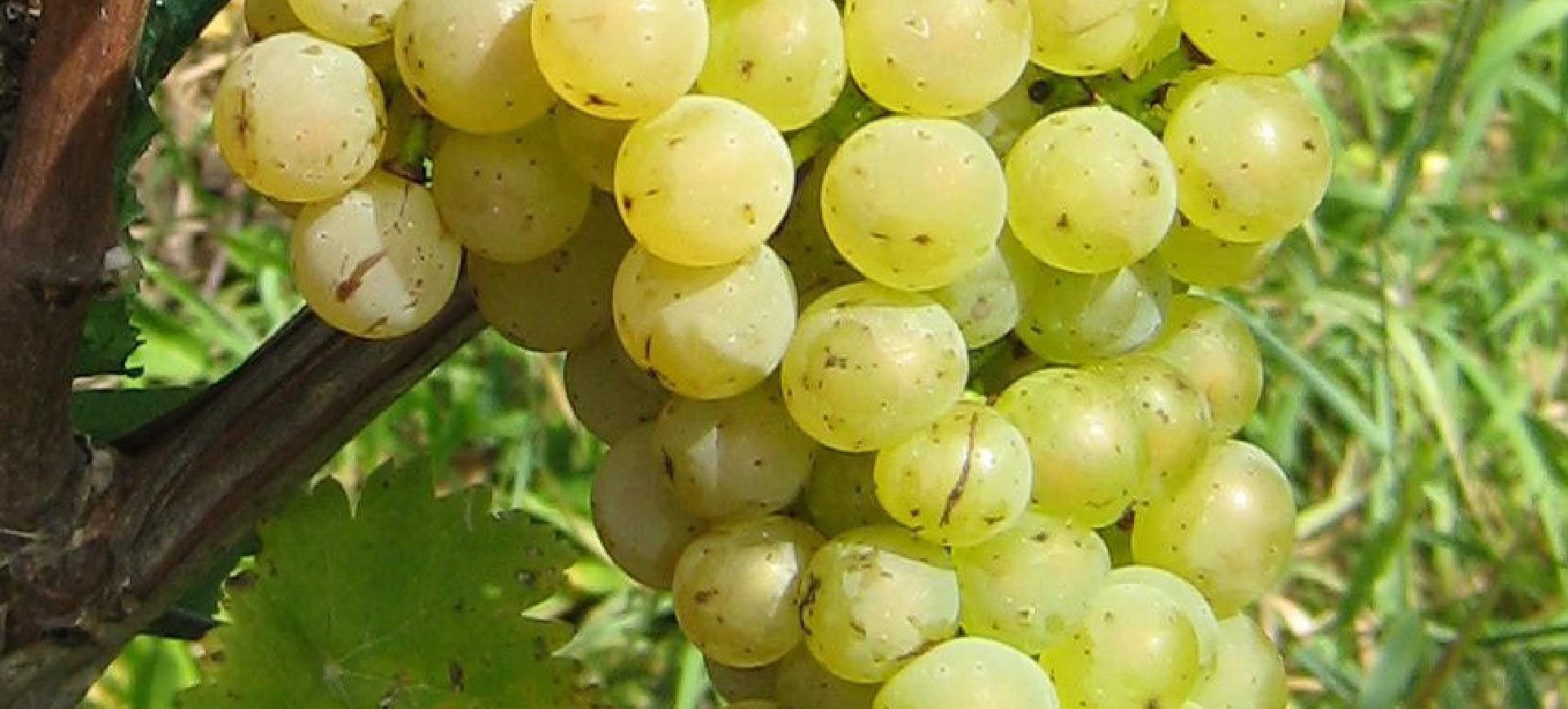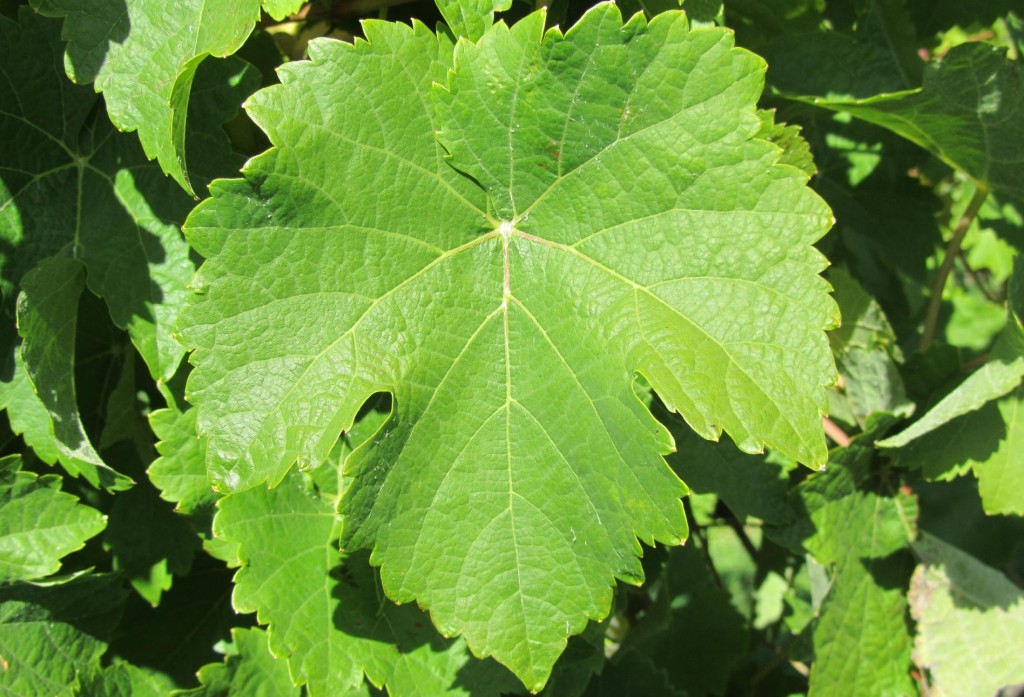
White wines with the name „Johanniter“ are often associated with the german aid organisation also named „Johanniter“. In rare cases the variety is considered to be a historical grape variety of the „Knightly Order of Johanniter“. This special name honours the breeder of this fungus-resistant grape variety, Dr. Johannes Zimmermann, employed by the Staatliches Weinbauinstitut Freiburg. Mr. Zimmermann began already in 1939 with the crossing of the grandfather of the Johanniter, namely a product from Ruländer x Gutedel.
In June 1954 he pollinated the flower of „Seyve-Villard 12.481“, a fungus-resistant variety from France, with this hybrids. The result was a good „resistance carrier“ against mildew diseases: FR 589-54, which was used in the following decades for diligent breeding in order to improve the fungus-resistant grape varieties. Finally Dr. Johannes Zimmermann succeeded in 1968 with the Riesling as mother and FR 589-54 as father to produce the vine seedling „FR 177-68“, after long intensive examination of Dr. Norbert Becker in 1997 the seedling became the Name „Johanniter“.
The Johanniter convinced the winegrowers in terms of wine growing and the wine lovers in terms of taste. Therefore it spread in Germany until today with an area of more than 100 hectares. In addition, it is also cultivated in our neighbouring countries Switzerland, Austria, Belgium and Holland. Johanniter isn’t that demanding as Riesling in terms of the cultivation site. It grows very good on Müller Thurgau vineyards. In such locations it shows a constant yield security that is slightly higher than of the Riesling, with a considerable sugar output.
The winegrowers are pleased with its medium and reasonably upright growth and its robustness against frosts and mildew. Normally, it requires two to three organic plant protection treatments, which means relaxed plant protection for organic farms in particular. This makes the variety extremely environmentally friendly. Due to global warming, the Johanniter has developed into a frisky wine type.

In cool regions such as Belgium or Holland, the Riesling mother is extremely effective with a strict acidity. German Johanniter wines are pleasantly fruity with fine lead aromas such as „pear, acacia blossom, apple or pineapple“ mostly with a very harmonious acidity. In Northern Italy the Johanniter is very ripe with mild acidity and Calvados apple aromas. Our wines are mostly dry to semi-dry and are universal food companions, they are never boring. Recently it has shown its strength as a base wine for Secco or sparkling wine with a long ageing potential. The vintage differences of the Johanniter are exciting, in cool years the taste goes in the direction of Riesling and in warm years it resembles a mild Pinot Blanc. It is also a good terroir indicator: herbal aromas on shell limestone soil and floral notes on sandy soil. The winegrowers can also produce great Johanniter wines, as numerous medals at the International Organic Wine Award and the PIWI-International Wine Award have proven for many years.
Time does not stand still, the vine breeders have also recognised the qualities of the Johanniter, crossed with him and given him many children who are currently still in the test. And by the way, 50 years is still no age at all for a grape variety.
Congratulations to the young Johanniter!
